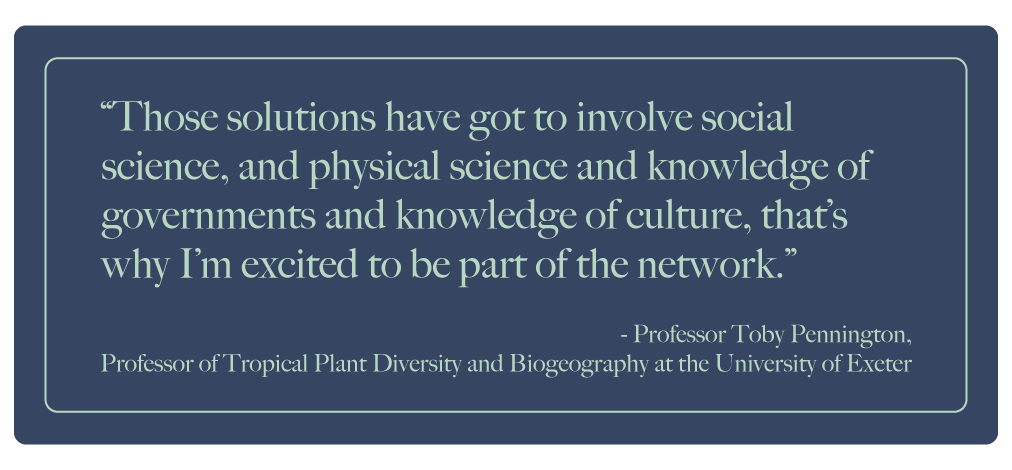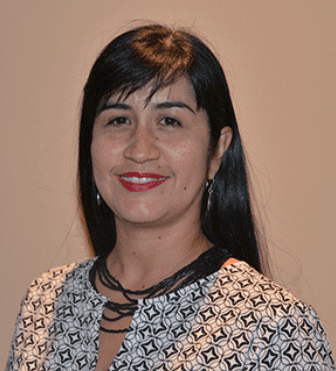

Amelia Fiske is a Senior Research Fellow in the Institute for History and Ethics in Medicine at the Technical University of Munich. Her work is situated at the intersection of cultural anthropology, feminist science and technology studies, and environmental humanities.
From 2011 to 2013, she conducted research on the production of harm resulting from oil operations in the Ecuadorian Amazon, with a particular focus on matters of toxicity, extractive politics, and environmental justice.
She is currently working on a book based on this research, Encountering Harm (University of Texas Press) and a graphic novel on the topic of toxicity, Tóxico (University of Toronto Press). Recent articles have appeared in Catalyst: Feminism, Theory, Technoscience (2020), American Journal of Bioethics (2020), Nature Machine Intelligence (2020), the NIB (2020), Journal of Medical Ethics (2019), the edited volume “Environmental Justice and Citizen Science in a Post Truth Age” (2019), and Social Studies of Science (2018).
Felisa Anaya has a PhD in Sociology from the Universidad Federal de Minas Gerais, Brazil, and was an academic visitor at the Institute for Development Studies at the University of Sussex-England during 2020.
She is a professor at the State University of Montes Claros, Brazil, where she is associated to the Graduate Programs in Social Development and Society, Environment and Territory.
She is a researcher at the Interdisciplinary Center for Socioenvironmental Studies (NIISA) where she develops research focused on issues involving Development, Environmental Conflicts, Social Movements, Protected Areas and Traditional Peoples and Communities.
She is currently a member of the Traditional Peoples, Environment and Major Projects committee of the Brazilian Association of Anthropology and is a member of the Political Ecology Network.
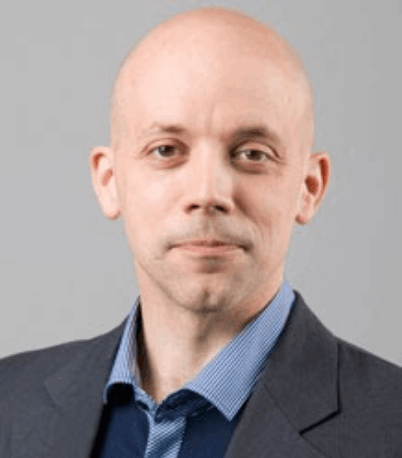
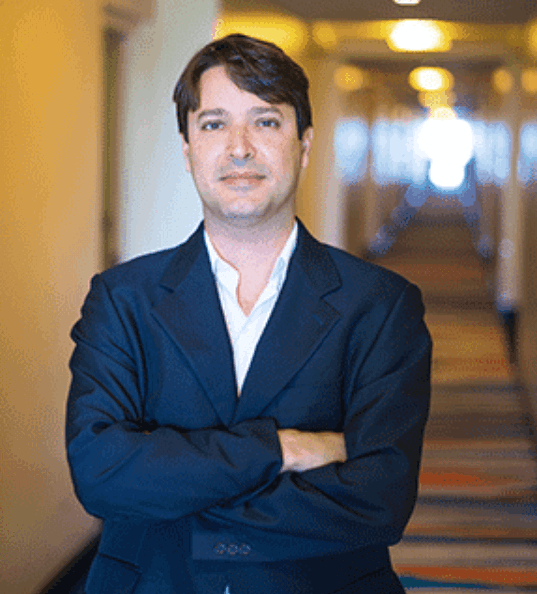
Brian Rappert is a Professor of Science, Technology and Public Affairs at the University of Exeter. His long term interest has been the examination of the strategic management of information; particularly in the relation to armed conflict.
Mário Marcos do Espírito Santo received his PhD in Ecology, Conservation and Management of Wildlife in Federal University of Minas Gerais, Brazil, in 2004.
He currently works as a professor at the State University of Montes Claros, in Minas Gerais state, Brazil, and was a visiting professor at the University of Exeter in 2020.
His main research interests include ecosystem services in dry Neotropical biomes; land use changes and their consequences for biodiversity and human welfare; and conservation strategies and environmental and development policies in Brazil.
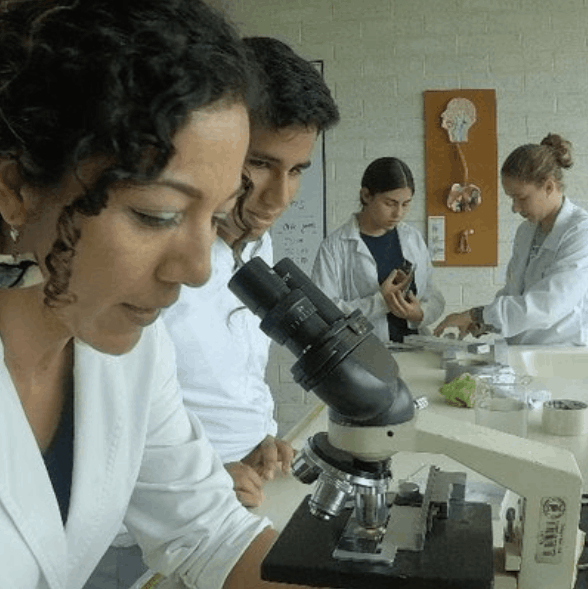
Dunia H. Urrego is a Senior Lecturer within the Global Systems Institute at the University of Exeter. She is a long-term ecologist specialising on Andean and Amazonian forests and working at the interface between the biosphere and human and social systems.
Her research focuses on the response of vegetation to natural and human disturbances, ecosystem resilience in conflict regions and understanding ecosystem functioning in a world with and without humans.
She has also investigated the environmental backdrop that allow the development of modern humans and co-led the first rigorous analysis of climate change communication in Colombia. Her current research includes resilience of post-conflict socio-ecological systems in Colombia, effects of abrupt climate change on biodiversity, the consequences of extinctions for ecosystem functioning and the past and future of mangroves under pressure.
Dunia is from Colombia and has led research throughout South America, including Peru, Ecuador, Bolivia, Panama, Brazil and French Guiana.
She understands well the cultural context of doing research in Latin-America and has a broad network including stakeholders and policy makers. Her network also reaches beyond South America, having lived and held academic posts in the United States, France and The Netherlands.
Rodrigo Garcia is an academic-technician at the Ecology Institute of Universidad Nacional Autónoma de México. His work revolves around software development for socio-cultural change, mainly from the agendas of sustainability science.
This usually takes the shape of data analysis pipelines,
visualization and exploratory modeling. But also match-making platforms which empower people as direct decision makers.
He is a cybernetics engineer and holds a Master's degree in complexity science.
Currently he is a software developer and sysadmin in charge of the supercomputer infrastructure at Mexico's National Sustainability Sciences Laboratory.
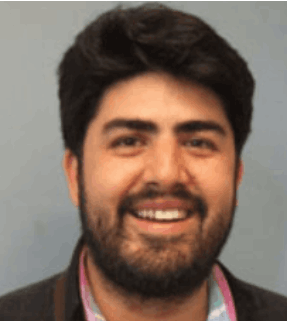

Ernesto Schwartz-Marin is a Science and Technology Studies scholar working in the fields of biomedicine, forensics and citizen science. He conducts in-depth ethnographic research of race & genomics, and develops participatory action research models to intervene in humanitarian crises via DNA biobanking, grass-roots databases, and citizen-led science.
He is currently developing research on data justice, citizen-sensing and alternative approaches to scientific innovation in the Global South in spaces like Mexico, Colombia and Indonesia. His current research projects are: Mobile Solutions Against the Mexican Kidnapping Epidemic (Newton Fund-ESRC 2016-19) and Data Justice in Mexico's Multiveillant Society (ESRC Transformative 2018-20).
His research has attracted vast public attention since Mexicans are currently dealing with more than 61,000 disappearances (according to the Mexican government) in a context characterised by the complicity of authorities and organised crime.
In 2015 he co-created an independent forensic DNA database –with ~500 samples and ~1000 testimonials of violence– that was tailored to the needs, expertise & sensitivities of relatives of the disappeared (www.cienciaforenseciudadana.org).
http://toby-pennington.squarespace.com/
Toby Pennington is Professor of Tropical Plant Diversity and Biogeography at the University of Exeter and Royal Botanic Garden Edinburgh and also holds an honorary Professorship at University of Edinburgh.
He has worked across the tropics, especially Latin America, for more than 20 years with projects in 10 countries.
In recent years he has focused on outcomes relevant to conservation and sustainable livelihoods, with particular interest in raising the profile of neglected but highly threatened tropical dry forest and savanna biomes.
In collaboration with the wonderful DRYFLOR network he has worked to prioritise conservation decision making in these ecosystems, with more recent projects focusing on habitat restoration.
He is also working to develop innovative agroforestry and silvopastoral systems in Amazonia, which can improve livelihoods and slow rates of rain forest destruction.
